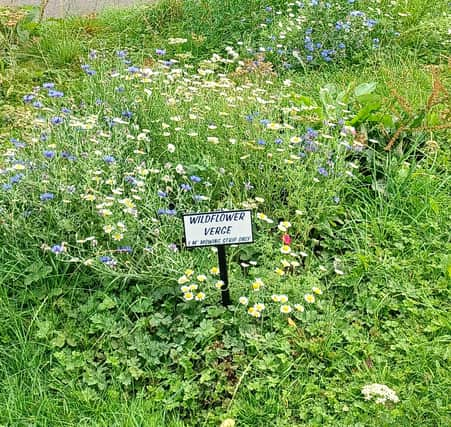Wildlife: Demand by local communities for nature on the doorstep


They are also managing a grassland area nearby in the Porter Valley. Their hard work is paying off and Barbara recently took an innovative policy through the City Council’s process to enable these approaches citywide. In larger sites across the wider landscape park grasslands are being enhanced by locally sourced green hay to trigger new diversity. This is all part of a new demand by local communities for nature on the doorstep and flies in the face of long-term declines as greenspaces are lost to development and inexorable, creeping, ‘greying of the green’. Moreover, the new urban meadows are sustainable and bring huge benefits from biodiversity increase, to carbon capture and slowing the flow of floodwaters, and through to health and wellbeing for local people. Managed effectively, these areas can also cost less than regular, routine short mowing of grass areas and trigger big savings in energy usage and hence associated carbon release. As former head of the city’s ecology services, I can safely say it has taken about thirty years to get to this point whereby management is changing and sites are being restored and others created. This is all very different too, from the horticultural ‘pictorial meadows’ dominated by exotic species, and which are so effective along derelict highways and such places.
These new meadows from large to small, and help pollinating insects such as honeybees, bumblebees, and hoverflies. They also support myriads of butterflies and moths which are currently under threat too. With the South Yorkshire Biodiversity Research Group, Friends of Whirlow Brook Park, and Sheffield Botanical Gardens, I will be leading some training events on how to do all this, later in the year. The first event is on Thursday 20th April and is on ‘habitat creation and management’, and because of a generous private business sponsor is totally free to attend; details of booking on-line.
Advertisement
Hide AdAdvertisement
Hide AdProfessor Ian D. Rotherham, researcher, writer & broadcaster on wildlife & environmental issues, is contactable on [email protected] ; follow Ian’s blog (https://ianswalkonthewildside.wordpress.com/ ) and Twitter @IanThewildside